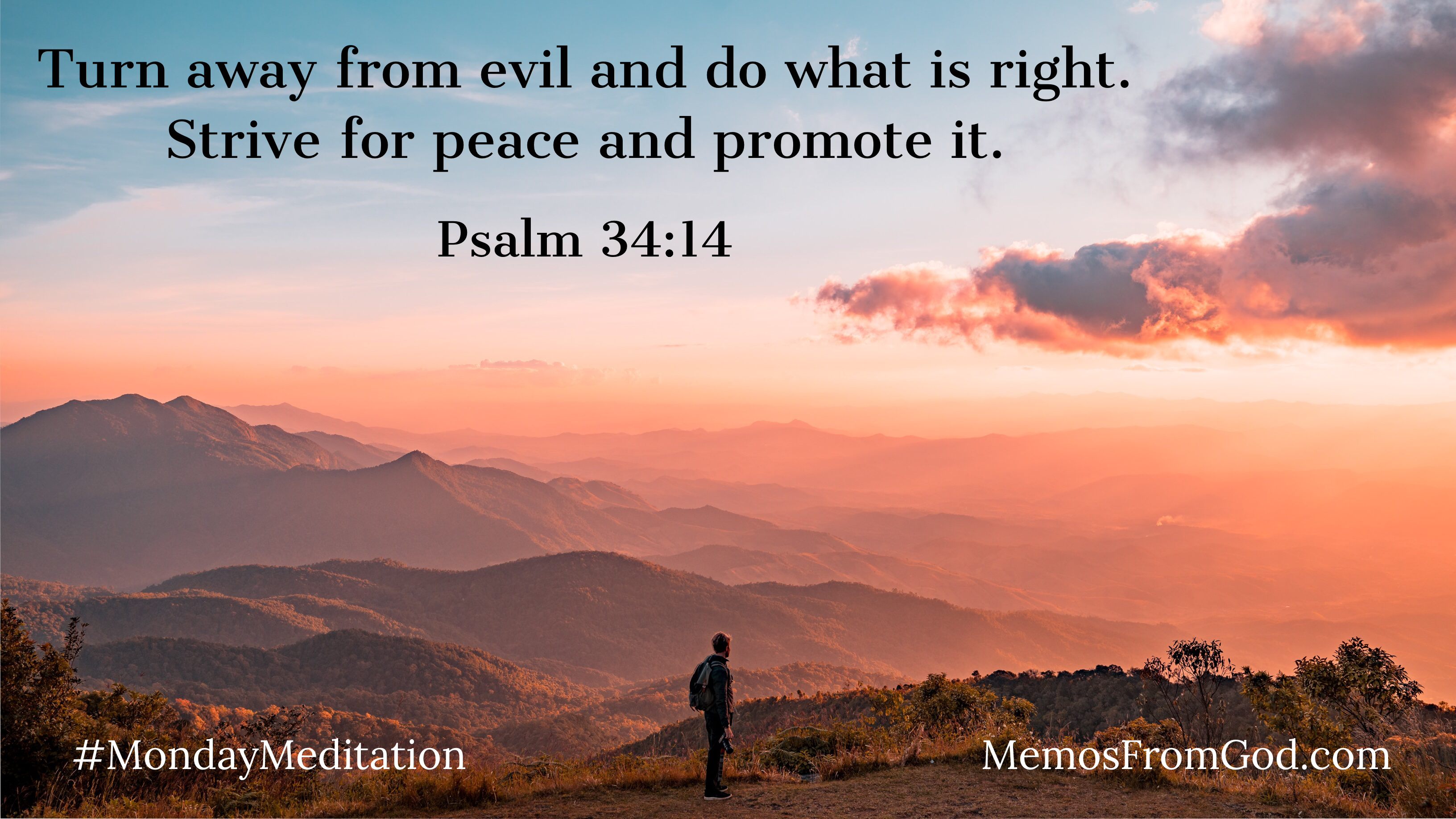

Attempting to Understand the Bible


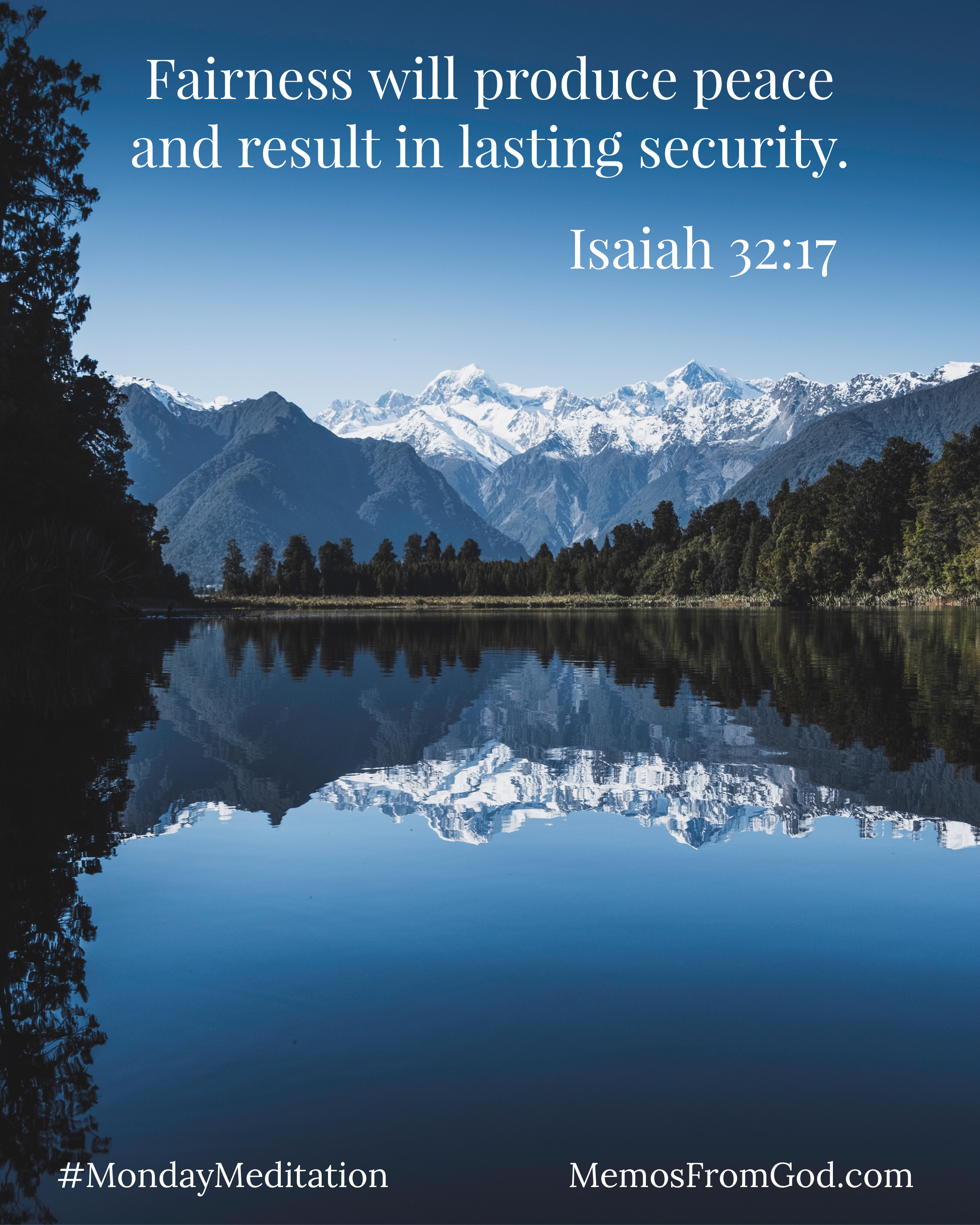
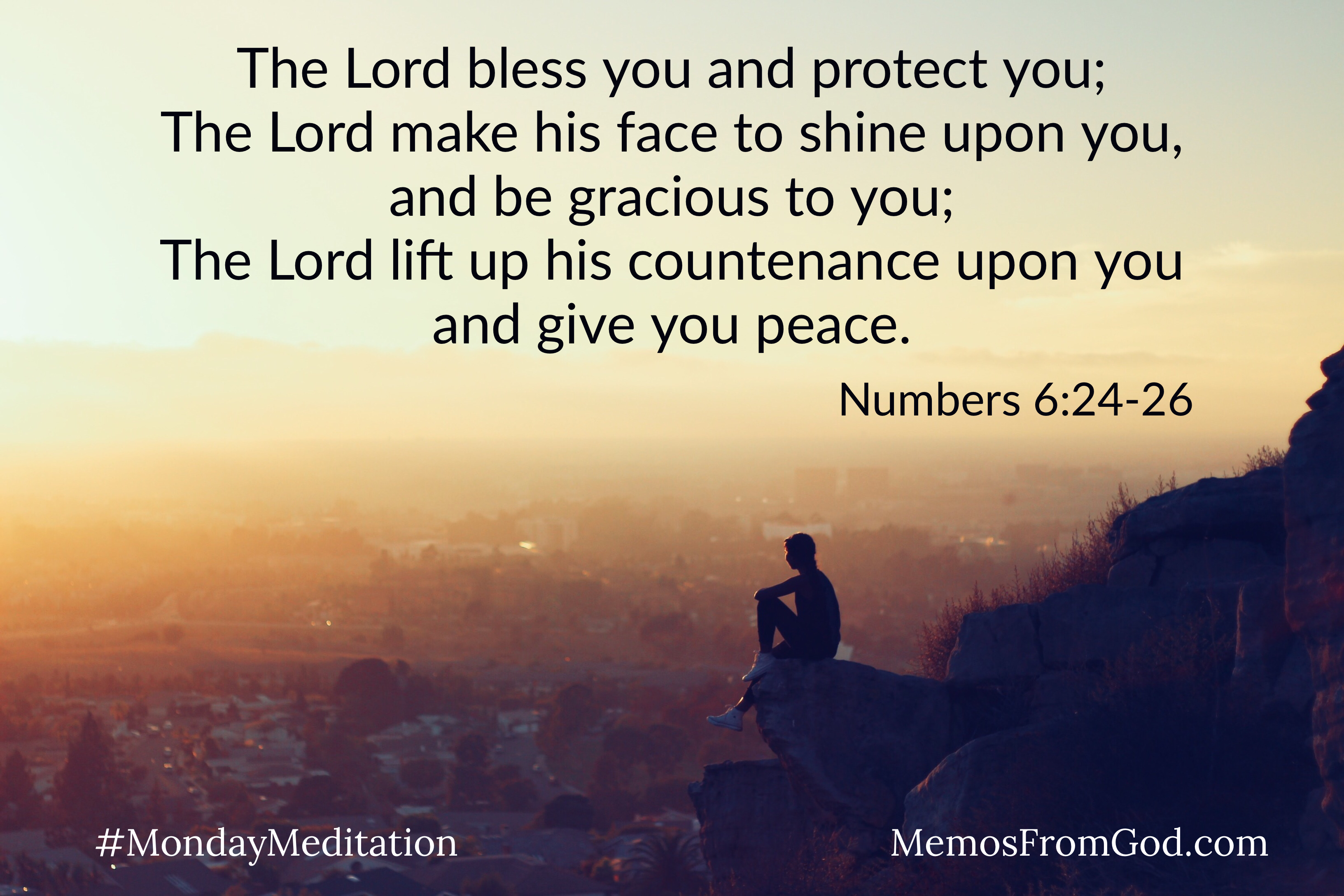
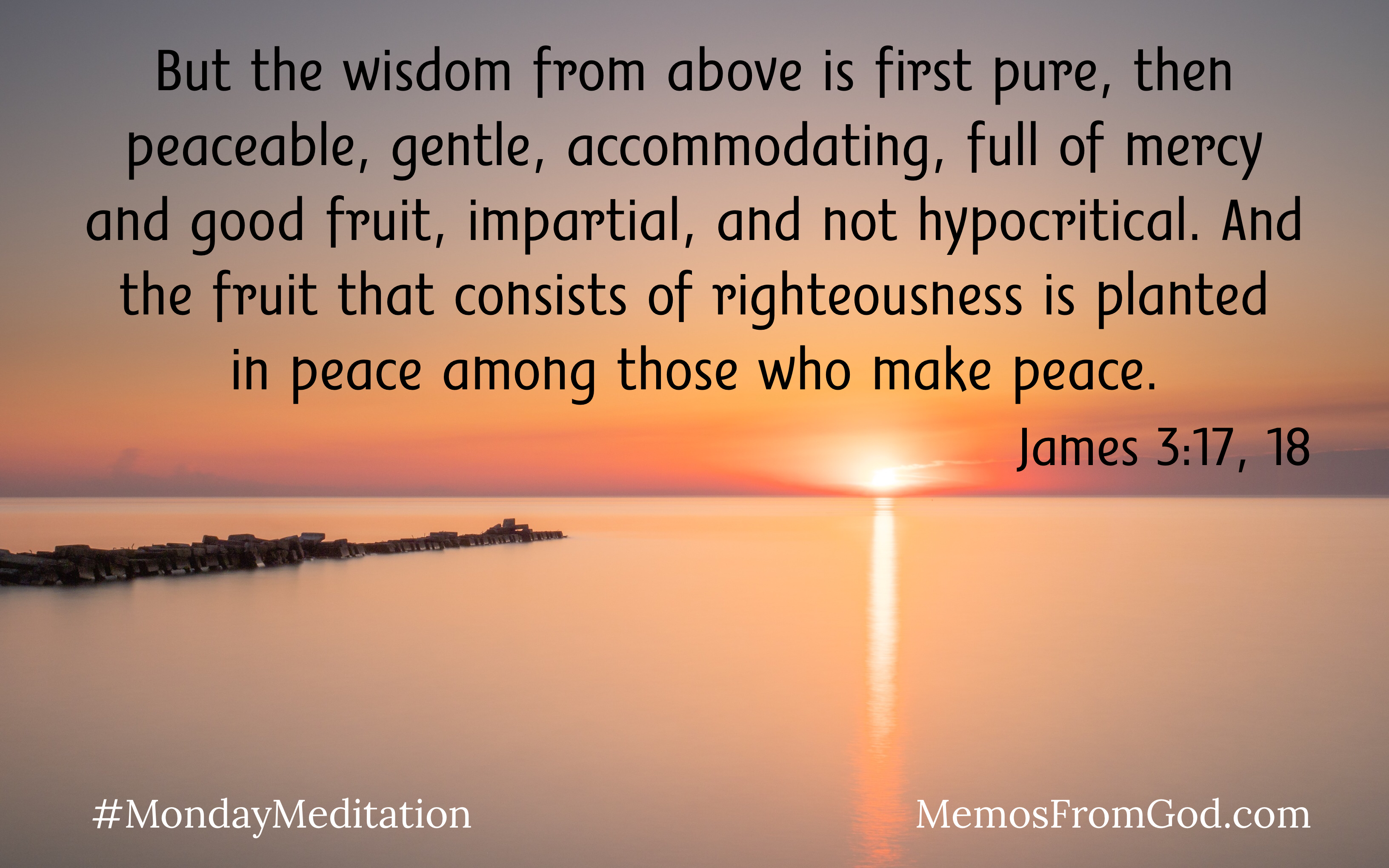
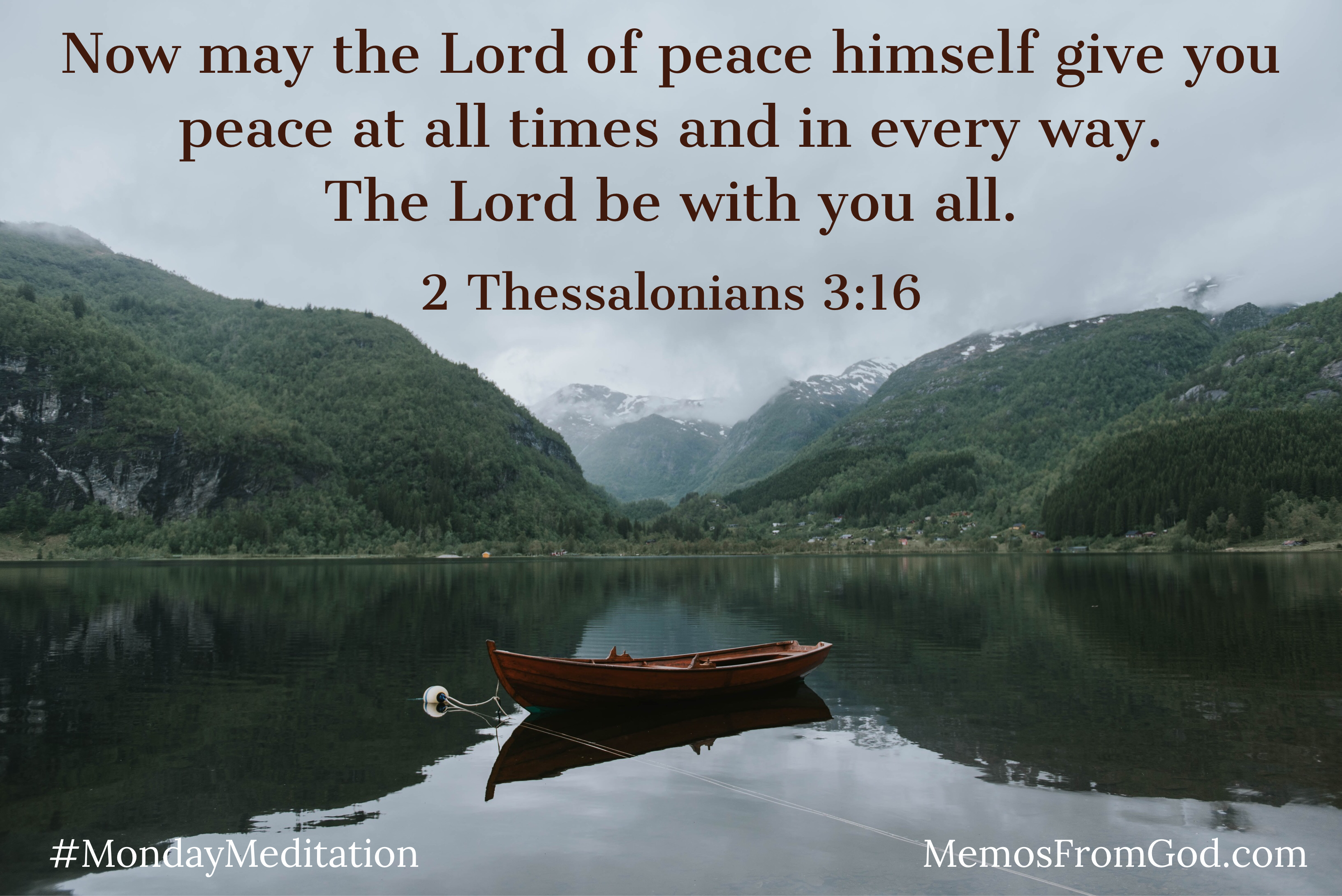
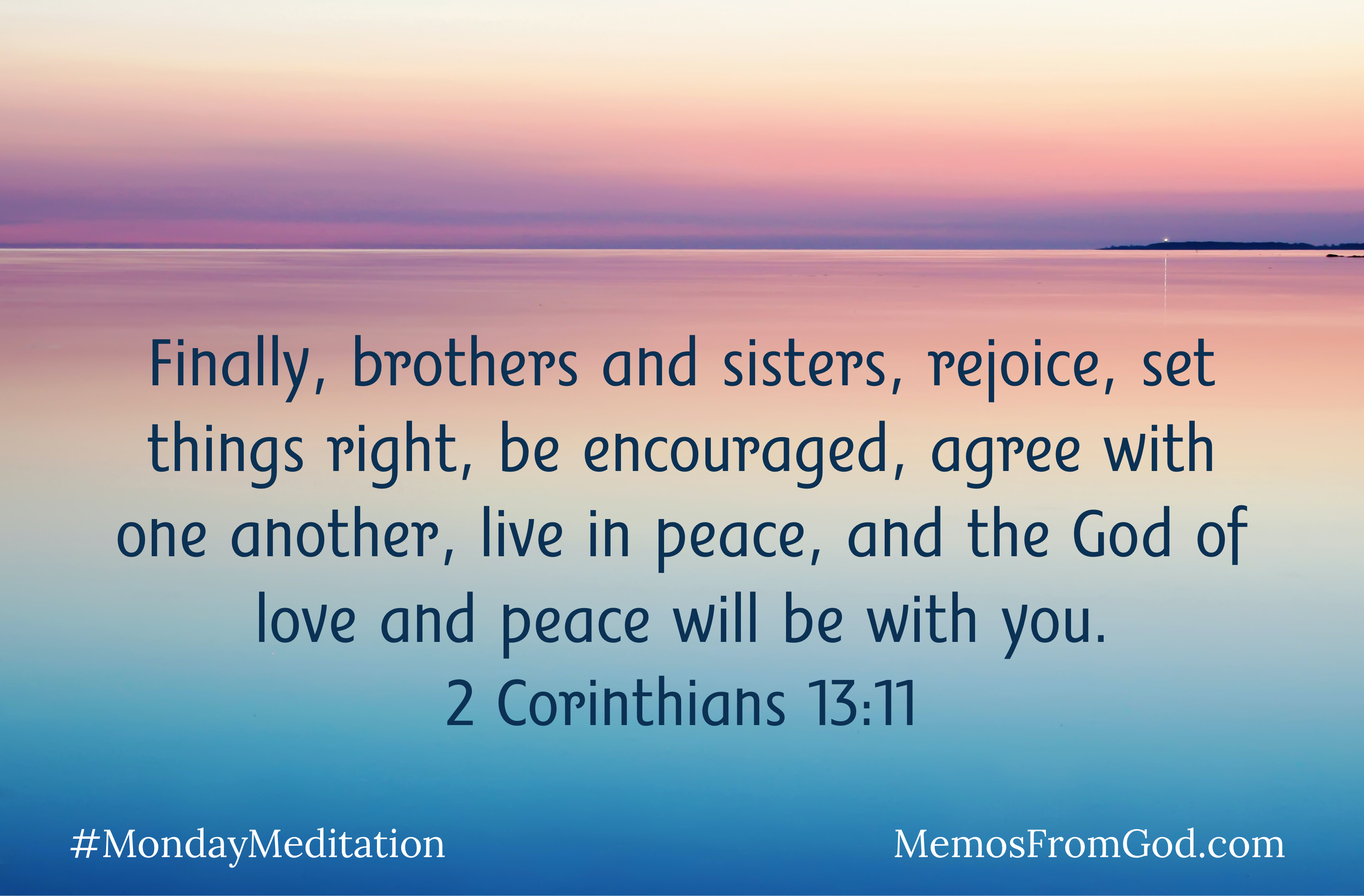

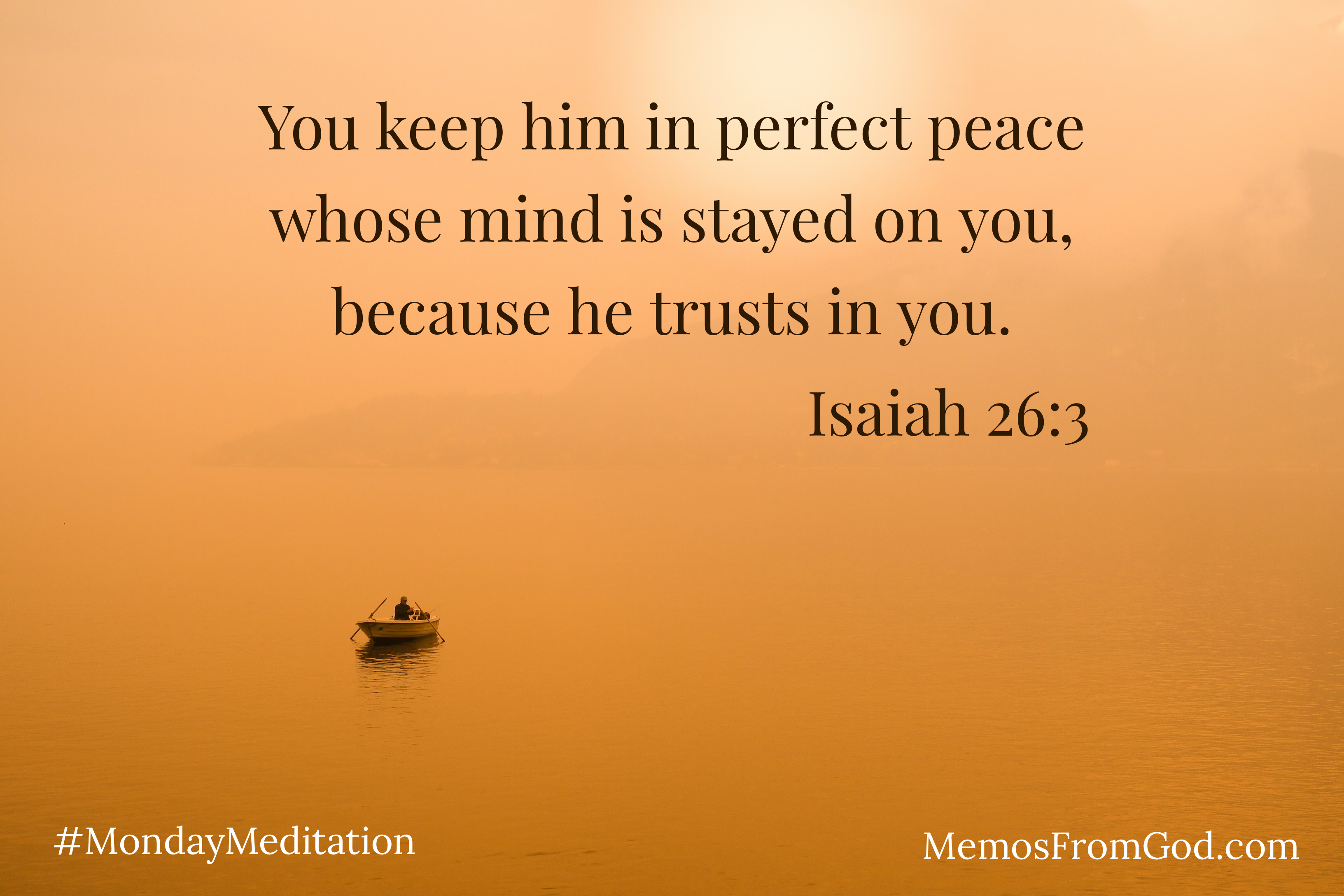
Last week’s post is one of my favourite verses. It reminds me that the struggles we face are not a surprise to God. As much as we might like to have a carefree life, we shouldn’t expect it. Remembering that God will have the victory should give us hope and bring us peace. I thought it was the perfect verse to transition to our new theme: peace.

